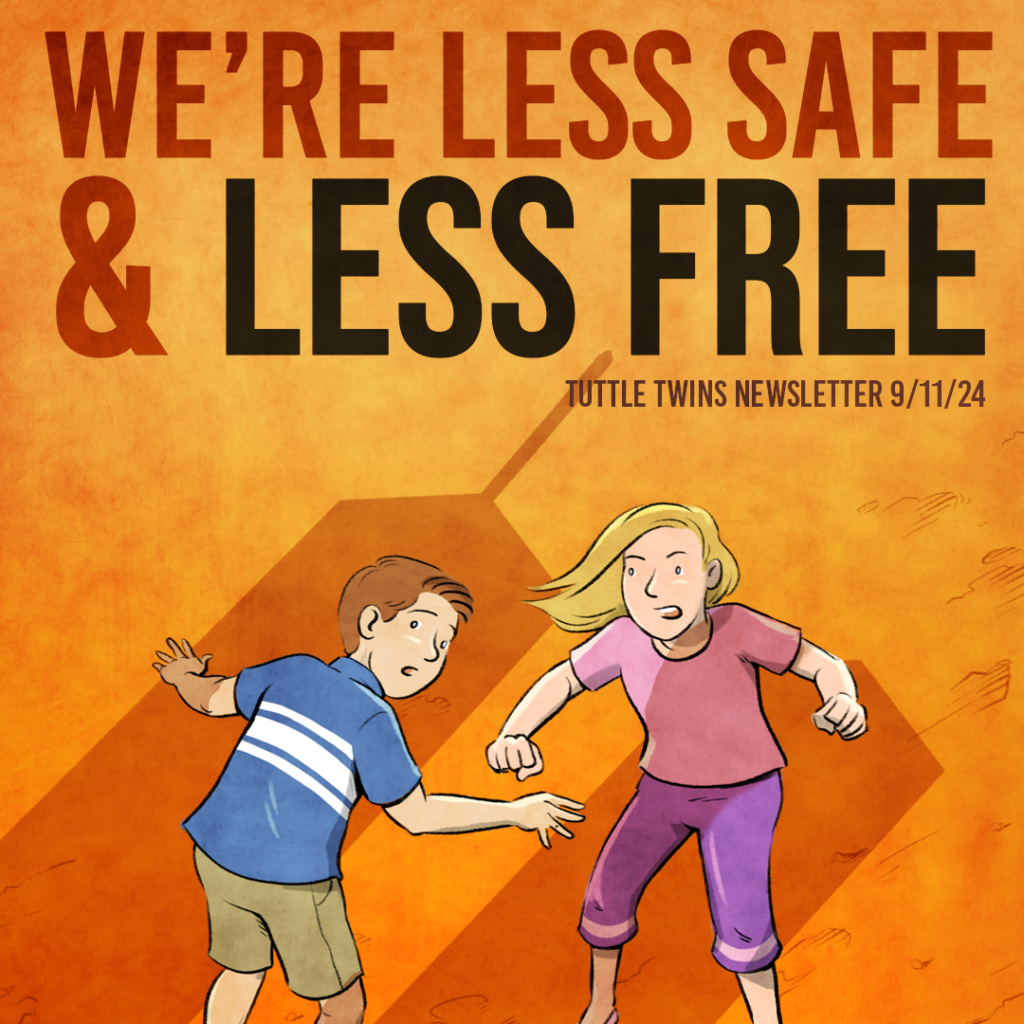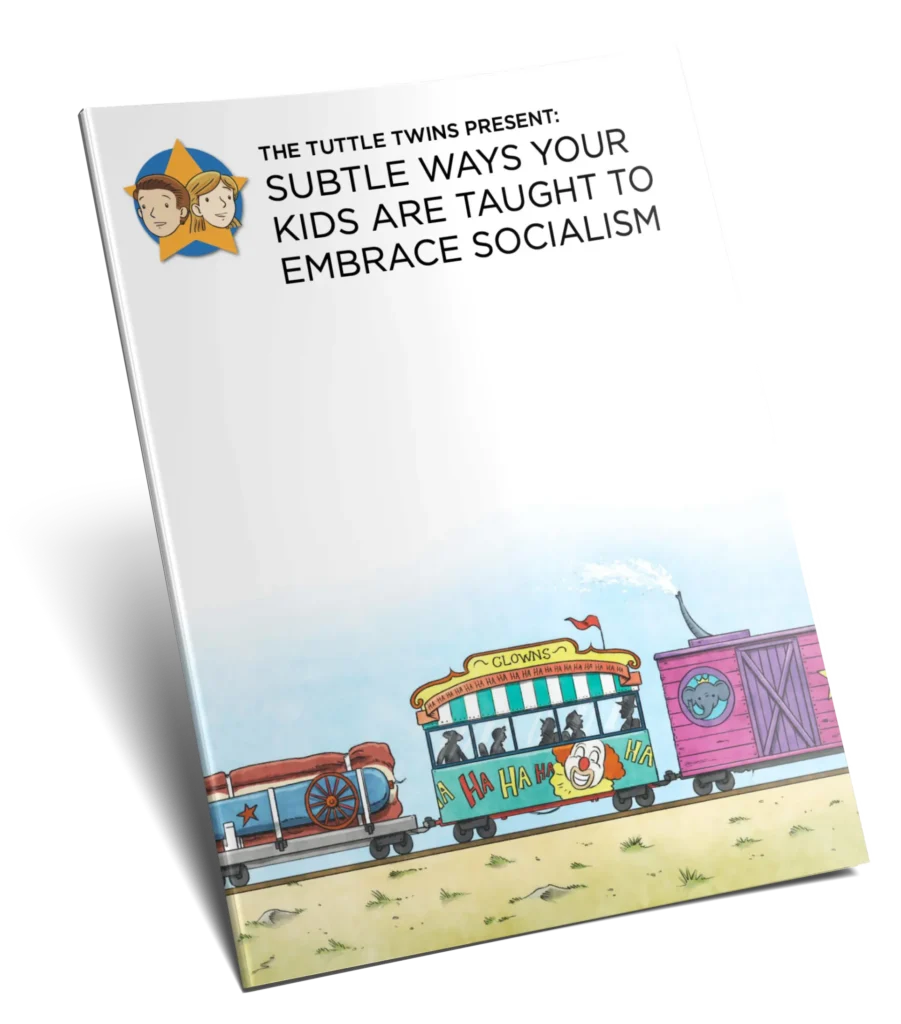
Last night’s debate between Kamala Harris and Donald Trump was another stark reminder of one undeniable truth: the real loser in all of this is us—the American people.
I don’t know who “won” the debate, but I do know who definitely didn’t: you, me, and the millions of Americans who had to watch this spectacle unfold. If these two are the best and brightest we have to offer—the most fit to lead—then we are in serious trouble.
What we saw last night was a sad reflection of the state of political discourse in this country.
Trump could have easily secured a win if he’d have focused on a single, straightforward framing: Are you better off today than you were four years ago?
But instead, he let himself get sidetracked, wasting precious time on irrelevant tangents. Meanwhile, Harris did her best to sidestep any substantive discussion. I guess she was hoping the American people would forget that she’s been in the number two position in the country for the past four years.
I mean, if she’s so keen on “turning the page,” maybe she should have started writing a different story while she was in office.
These debates, these campaigns, and headlines and politicking—what do they really give us? A lot of noise, but very little substance. Certainly nothing of real value.
It’s a pattern we’ve seen time and again.
We’re given slogans, distractions, talking points, and “my team versus your team” divisions while the real questions—the ones that matter—go unanswered.
And it’s not just the last four years. Think back over the last two decades. How many times have we been promised change, only to find ourselves worse off than before?
Remember how things changed after 9/11?
We were told we needed to trade our freedoms for security—that it was the price we had to pay for safety. But here we are, over twenty years later, and most people don’t even remember all that was taken from them. They certainly don’t have any hope or expectation of getting any of their liberties back.
The Patriot Act, mass surveillance, TSA body scanners, the expansion of government powers, the endless wars and lives lost—all sold to us under the guise of protecting us, and all perfect examples of the ratchet effect: the tendency of government to always expand in power and reach, usually in response to some sort of emergency.
Of course, once the emergency has passed, the government never shrinks to its previous size and scope.
We actually wrote a book about it a few years ago: The Tuttle Twins and the Leviathan Crisis.
Even now, the events of 9/11 remain shrouded in mystery.
There are still so many things that don’t add up—why did Building 7 collapse without being hit? Why were key witnesses and their testimonies pushed aside or ignored? Why has so much evidence been kept under lock and key and hidden from public scrutiny?
These aren’t questions being asked by armchair investigators or basement-dwelling keyboard warriors; they’re questions that have been raised by engineers, architects, intelligence experts, and the families of those who lost their lives.
Yet, two decades on, we still don’t have the full story.
When we ask these questions, we’re met with dismissals, called “conspiracy theorists,” or told that in order to honor the dead, we should move on.
But moving on isn’t so easy when the consequences of these events still shape our daily lives—when the surveillance state is now almost totally normalized, when the government can read our emails and listen to our phone calls, and when telling the truth is criminalized as “hate speech.”
If anything, the past twenty years should teach us the importance of questioning the narrative—of being skeptical when power is concentrated and secrets are kept. It should remind us that we have every right to demand transparency and truth from those who have been elected to represent us.
We wrote The Tuttle Twins Guide to True Conspiracies so that there would be a resource for those who don’t just accept the official story but who believe that we’re entitled to justification for the things done in our name.
It aims to equip families with tools to think critically about things that are happening now through the lens of the true stories of things that have happened in the past. It’s vital to be able to recognize the patterns of deception and to understand that being a “good” citizen actually means holding those in power to account.
So, as we ponder whether we’re better off today than we were four years ago, I suggest we take it a step further and ask if we’re better off today than we were 23 years ago.
Consider how these patterns of control and secrecy have played out over decades, and ask ourselves if we’re truly on a path to more freedom, more prosperity, and more security.
If the answer is no, then when are we going to do something about it?
—Connor
PS: Click here to read a sample chapter of True Conspiracies now.

